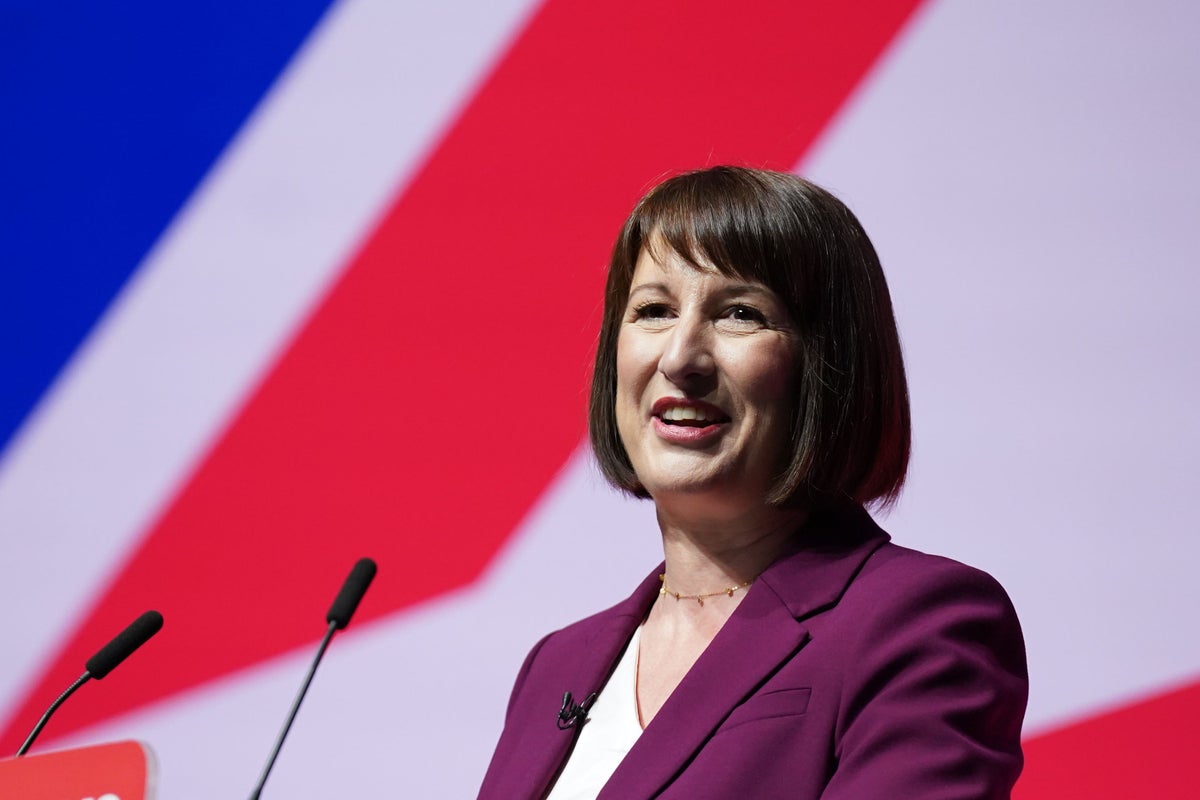Why ‘congestion’ tolls are doomed — hooray!








Editorial: Rachel Reeves’s return to the growth agenda is a welcome shift in the UK’s economic strategy but it will only be credible if it produces timely results

© PA
Eighty years after the Nazi death camp was freed, the testimony of survivors is as crucial as ever
Memory is fragile. A decade ago, 300 survivors gathered at Auschwitz to commemorate the Nazi death camp’s liberation. On Monday, 50 will assemble for the 80th anniversary. The median age of Holocaust survivors was estimated at 86 in a study published last year. At 97, Esther Senot is still keeping the promise she made to her dying sister Fanny, whose last wish was that she “tell what happened to us ... so that we are not forgotten by history.” Almost 1 million of the 6 million Jews murdered in the Holocaust were killed at the complex in German-occupied Poland, along with smaller numbers of Poles, Roma and Sinti, Soviet prisoners of war, gay men, political prisoners and others. Its name has become synonymous with evil.
The Auschwitz museum’s decision to ban speeches by politicians this year may be in part pragmatic. Holocaust memory has too often been a battleground in Poland. The museum’s mission stands above politics, yet cannot be wholly insulated from global affairs. Vladimir Putin has attended in the past, but there will be no Russian presence this time. Earlier this month, Poland’s deputy foreign minister appeared to suggest that authorities would be obliged to arrest the Israeli prime minister if he travelled to the ceremony, because the international criminal court has issued a warrant for Benjamin Netanyahu’s arrest for alleged war crimes in Gaza. The Polish prime minister, Donald Tusk, insisted Mr Netanyahu would be able to attend safely, though Israel’s delegation is not expected to include him.
Do you have an opinion on the issues raised in this article? If you would like to submit a response of up to 300 words by email to be considered for publication in our letters section, please click here.
Continue reading...© Photograph: REUTERS
© Photograph: REUTERS
China’s tech leap challenges US dominance through innovation. But unregulated competition increases the risk of catastrophe
Eight years ago, Vladimir Putin proclaimed that mastering artificial intelligence (AI) would make a nation the “ruler of the world”. Western tech sanctions after Russia’s invasion of Ukraine should have dashed his ambitions to lead in AI by 2030. But that might be too hasty a judgment. Last week, the Chinese lab DeepSeek unveiled R1, an AI that analysts say rivals OpenAI’s top reasoning model, o1. Astonishingly, it matches o1’s capabilities while using a fraction of the computing power – and at a tenth of the cost. Predictably, one of Mr Putin’s first moves in 2025 was to align with China on AI development. R1’s launch seems no coincidence, coming just as Donald Trump backed OpenAI’s $500bn Stargate plan to outpace its peers. OpenAI has singled out DeepSeek’s parent, High Flyer Capital, as a potential threat. But at least three Chinese labs claim to rival or surpass OpenAI’s achievements.
Anticipating tighter US chip sanctions, Chinese companies stockpiled critical processors to ensure their AI models could advance despite restricted access to hardware. DeepSeek’s success underscores the ingenuity born of necessity: lacking massive datacentres or powerful specialised chips, it achieved breakthroughs through better data curation and optimisation of its model. Unlike proprietary systems, R1’s source code is public, allowing anyone competent to modify it. Yet its openness has limits: overseen by China’s internet regulator, R1 conforms to “core socialist values”. Type in Tiananmen Square or Taiwan, and the model reportedly shuts down the conversation.
Continue reading...© Photograph: Kevin Lamarque/Reuters
© Photograph: Kevin Lamarque/Reuters
Editorial: The president has shown that he will be hard for America’s allies to handle in his second term – but there has been the odd surprising sign of sense

© AFP via Getty








Editorial: Accountability is a fundamental principle of the justice system. If it puts the personal safety of judges in danger, the answer is better security precautions – not censorship

© PA























